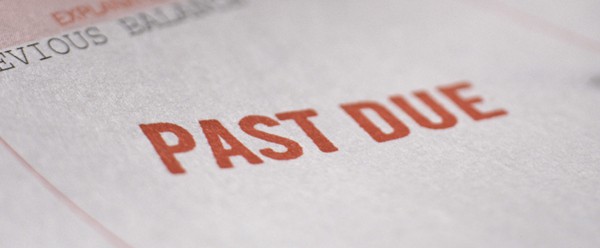Last week we looked at the savings that can be made by shifting manufacturing from Australia to cheaper countries and the difficulties that stand in your way, not least around cash flow and business financing.
Chinese factories in particular can offer significant savings compared to manufacturing in Australia. We explained how Fintech is now able to provide sophisticated funding solutions to bridge the huge cash flow gap between contracting a foreign factory and getting your product to a buyer here in Australia.
We’ll recap on those funding solutions in the final instalment of this little guide, but there are plenty of other problems that need addressing before you’re ready to place a large order with a factory in China (or any other overseas factory) and that is, how do you ensure quality is maintained? What legal and communication issues must be navigated? And can you get enough scale to make it worthwhile?
Quality Control
It is easy to lose quality control when manufacturing a product overseas. Obviously, you will want to go through a rigorous process when choosing a partner to ensure they can build things to your specification and once you have picked a supplier you will want to be very clear about the level of service and quality you require. Everything that can be quantified and specified should be.
However, even when quality clauses are included in the contract, you don’t have anyone on the ground to enforce your terms and you will likely be operating to a tight schedule so sending product back from Australia, after arrival, is not a viable option.
What you need is an agent on the ground. This doesn’t have to be a full-time employee by any means, there are Australian companies that provide this service. They will perform regular checks (known and Quality Control checks) during the manufacturing process, as well as on the end product. This is important because although quality may be good in the beginning, it can have a tendency to fade if you don’t keep an eye on the factory, especially as volumes increase.
Logistics Costs and Duties
The cost of logistics, customs clearance and duties is a major component of the final landed price of a product manufactured overseas, but because of the big savings available at the factory you should still be able to increase your margins. Therefore, it’s important not to be put off by shipping costs, but instead be prepared to shop around, negotiate hard and try to secure as bespoke a service as possible to ensure you aren’t paying for space or services you don’t need.
In terms of duties, many imported goods are subject to Australian Customs duties and 10% goods service tax (GST). There are many different regulations and sometimes complex duty rates applicable to imported cargo. The Australian Taxation Office has more information to help you find out what you must do and calculate your costs.
Import GST is claimable on BAS returns, but it has a severe impact on cash flow, until BAS is completed, and a refund obtained.
Do I Need to Order Large Quantities?
To make overseas manufacturing worthwhile, relatively large orders are often required. Even if you are confident of selling enough of your goods, this adds to the cash flow problems highlighted last week.
However, we have already seen that cash flow financing solutions are available and can be combined with import-specific forms of business funding, plus the bigger and more regular the orders you can place, ship and sell, the bigger your profits should be.
All of the measures highlighted above sound expensive, but in the context of a sizeable manufacturing order and the money you can ultimately save by producing goods in a cheaper overseas country, it is all worthwhile. The key is to simplify the whole process, so it isn’t overwhelming to your own management resources: OptiPay has a solution to minimise the cash flow impact of purchasing large quantities plus OptiPay has partners that specialise in both logistics as well as on-the-ground Quality Control, that can help you navigate your way through this whole overseas importing process.
“Get Tomorrow’s Cash Flow Today”
Who is OptiPay?
OptiPay, one of Australia’s leading business finance providers, has been dedicated to helping small business owners solve cash flow challenges for over a decade and has provided $1.5 billion in business funding to more than 500 Australian businesses. OptiPay specialises in modern financing solutions such as invoice factoring, invoice finance, debtor finance, and lines of credit. OptiPay’s mission is to support business growth providing liquidity in as little as 24 hours, ensuring they have access to tomorrow’s cash flow today. This rapid access to funds helps businesses maintain smooth operations and seize growth opportunities without the stress of cash flow constraints. At OptiPay, we believe that healthy cash flow is the lifeblood of any successful business. Our commitment to helping businesses overcome financial hurdles and achieve their growth ambitions has solidified our reputation as a trusted partner in the business finance sector. Whether you are looking to stabilise your cash flow, expand your operations, or navigate financial challenges, OptiPay is here to support your journey with innovative and efficient financing solutions.



